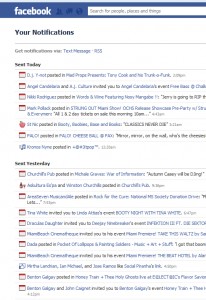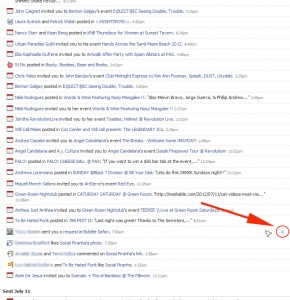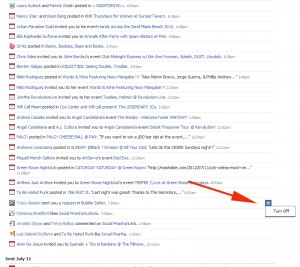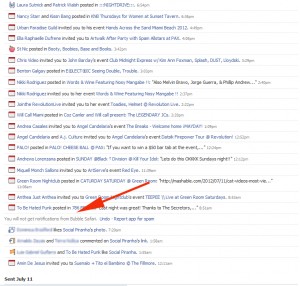Facebook has added sleuthing to its array of data-mining capabilities, scanning your posts and chats for criminal activity. If the social-networking giant detects suspicious behavior, it flags the content and determines if further steps, such as informing the police, are required.
The new tidbit about the company’s monitoring system comes from a Reuters interview with Facebook Chief Security Officer Joe Sullivan. Here’s the lead-in to the Reuters story:
A man in his early 30s was chatting about sex with a 13-year-old South Florida girl and planned to meet her after middle-school classes the next day. Facebook’s extensive but little-discussed technology for scanning postings and chats for criminal activity automatically flagged the conversation for employees, who read it and quickly called police. Officers took control of the teenager’s computer and arrested the man the next day.
Facebook’s software focuses on conversations between members who have a loose relationship on the social network. For example, if two users aren’t friends, only recently became friends, have no mutual friends, interact with each other very little, have a significant age difference, and/or are located far from each other, the tool pays particular attention.
via Facebook scans chats and posts for criminal activity





